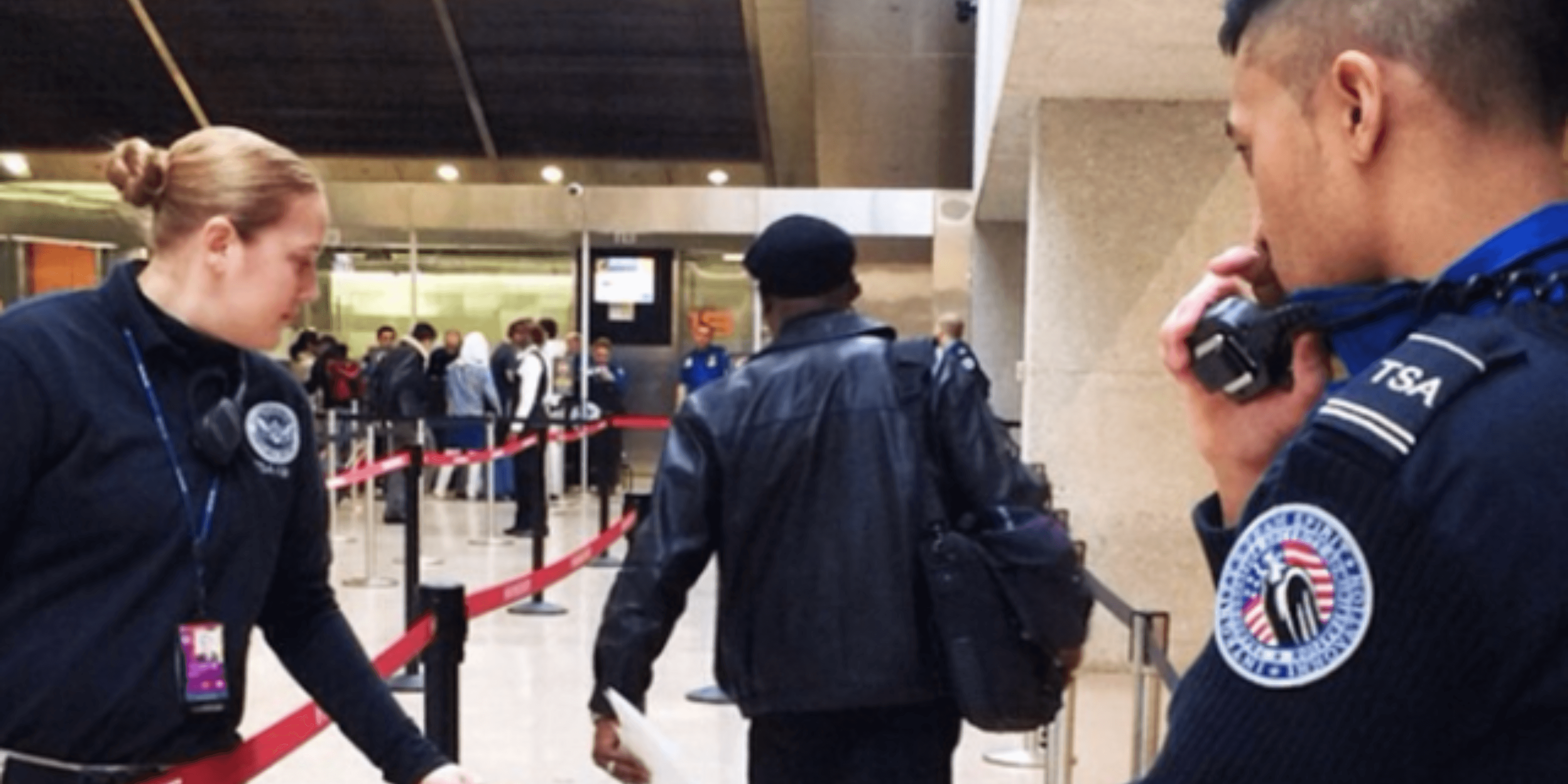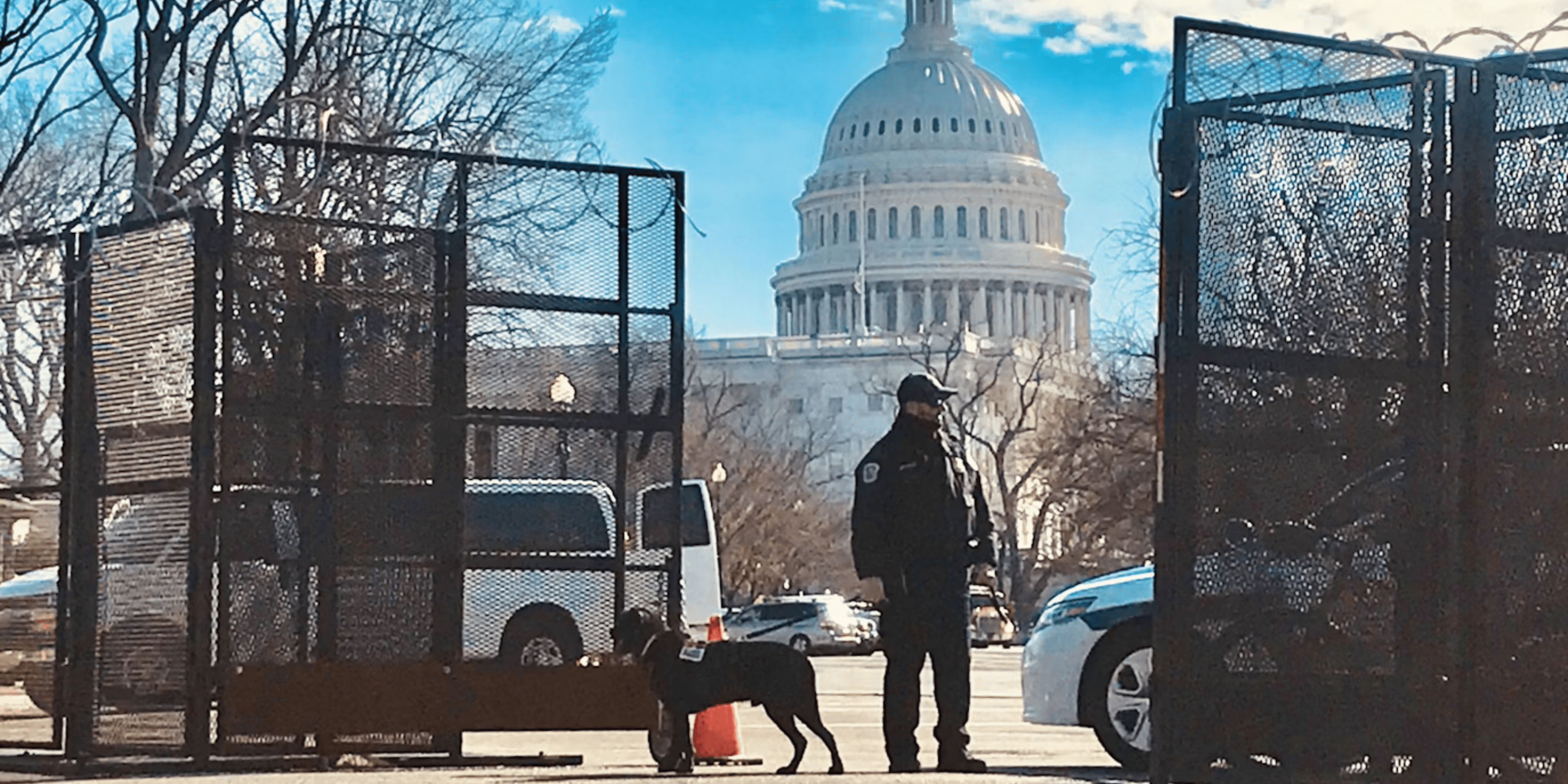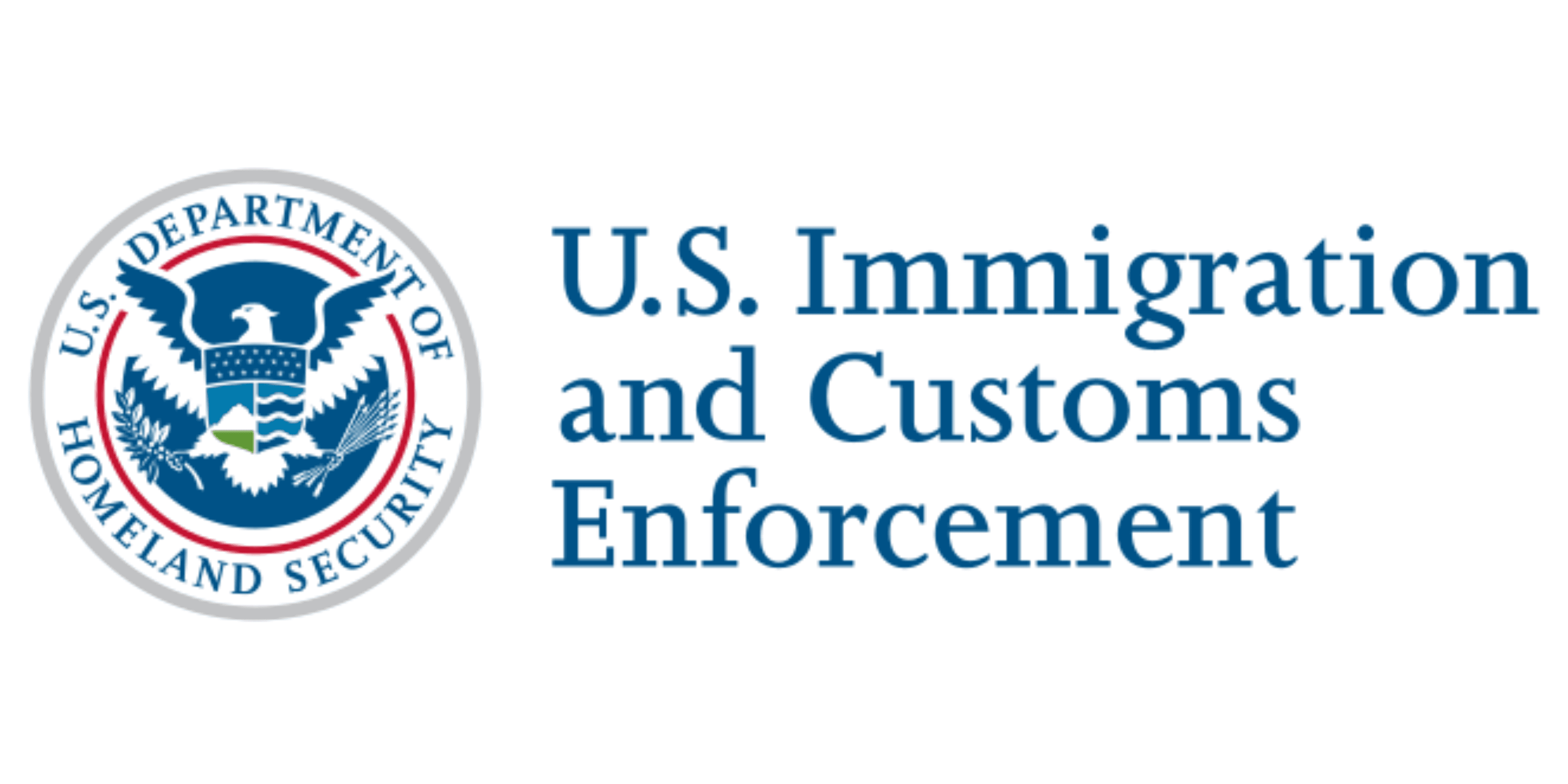newsletter
Your Daily News in Just 5 Minutes!
Featured
Federal Showdowns, Market Highs & Policy Crossroads as U.S. Stakes Its Course
Today’s top story kicks off with Harvard confronting the Trump administration's $2 billion research funding freeze, alleging political retaliation over antisemitism on campus. As markets hit record highs buoyed by AI optimism and whispers of Fed rate cuts, Washington braces ahead of a high‑stakes August 1 tariff deadline. Meanwhile, protests in honor of John Lewis sweep across the nation, immigration policy sparks legal battles, and strategic diplomacy explores new ways to weaken Russia without derailing global oil markets.
Jul 21, 2025
Harvard Challenges Trump’s Funding Freeze
Harvard University has sued in federal court, seeking to nullify the Trump administration’s freeze on $2 billion in federal research dollars. The university alleges the action retaliates against its response to campus antisemitism and violates constitutional guardrails.
The administration argues the freeze is a lawful enforcement of its antisemitism policy. Harvard maintains that the move threatens crucial medical and scientific research nationwide, sounding alarm bells across higher‑ed institutions.

Markets Reach Record Highs Amid Economic Optimism
U.S. stock indices continue rallying, supported by solid consumer spending, AI sector gains, and expectations that tariff threats are bluff—what analysts dub the "TACO trade".
Simultaneously, Federal Reserve Governor Christopher Waller advocated a 25‑basis‑point cut at the July 29–30 meeting, reflecting a dovish turn if inflation remains contained. Still, some Fed members urge caution, citing trade uncertainty.

Nationwide “Good Trouble” Protests Honor John Lewis
Tens of thousands mobilized across all 50 states—including major protests in California’s cities—on July 17 under the banner “Good Trouble Lives On.” Demonstrators rallied against deportations, healthcare cuts, and broader policies of the Trump administration, invoking the legacy of civil rights leader John Lewis.
The movement underscores deepening social fractures as America grapples with immigration reform and rights debates.

New Strategy to Squeeze Russia’s Oil Revenues
Rather than imposing sweeping secondary tariffs, U.S. strategists are turning to diplomacy—urging India and Turkey to cut back on Russian oil imports while encouraging OPEC partners like Saudi Arabia to step up production.
Simultaneously, stricter enforcement of $40‑per‑barrel price caps on Russian exports and action against illicit tanker networks are expected to erode Kremlin revenues without stoking global fuel prices.

Gold Rises on Trade Jitters and Dollar Weakness
Gold prices rose over 1%, surpassing $3,390 per ounce, as uncertainty surrounding trade developments ahead of the August 1 tariff deadline weighed on the U.S. dollar and Treasury yields.
Traders are pricing in an increasing likelihood of Fed rate cuts by September, fueling demand for safe‑haven assets as clarity on trade policy remains elusive.
Looking Ahead
As the Federal Reserve eyes potential rate cuts at its July 29–30 meeting, markets will closely watch developments from the FOMC.
Meanwhile, the August 1 deadline on reciprocal tariffs looms large, with impacts expected across consumer prices, trade partners, and market volatility.
Legal fallout from Harvard’s funding lawsuit and continued nationwide protest momentum may shape both policy debates and public opinion ahead of next year’s elections.
Finally, diplomatic moves targeting Russia’s oil earnings and OPEC’s response will influence global energy markets and U.S. foreign policy strategy.
Related blogs
Related blogs
Copyright 2025 USA NEWS all rights reserved
newsletter
Get daily news directly in your inbox!
Copyright 2025 USA NEWS all rights reserved
newsletter
Get daily news directly in your inbox!
Copyright 2025 USA NEWS all rights reserved
Copyright 2025 USA NEWS all rights reserved














